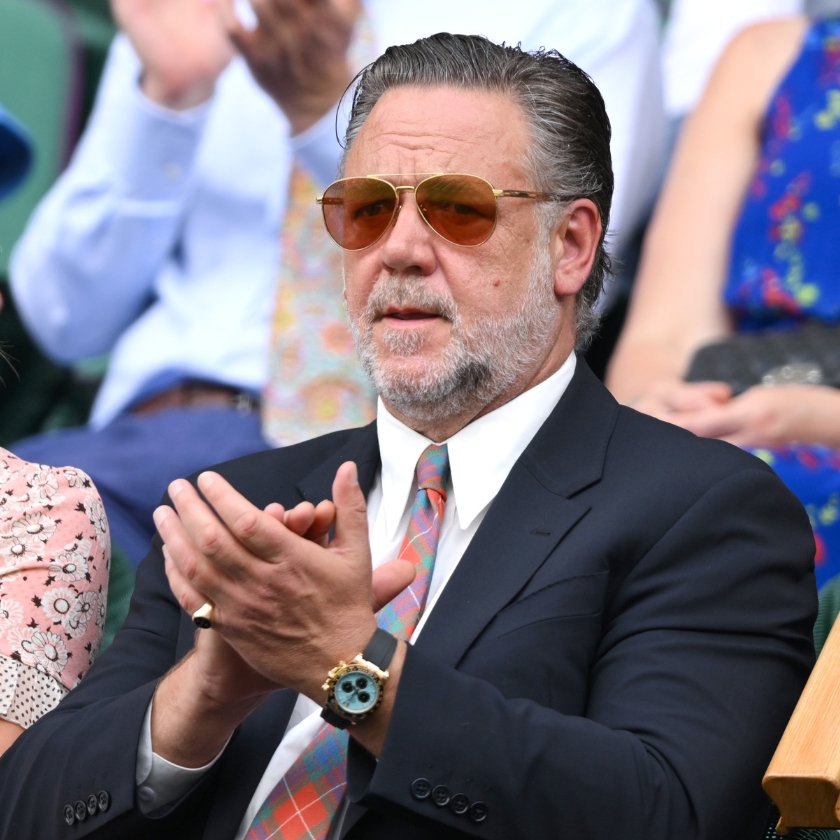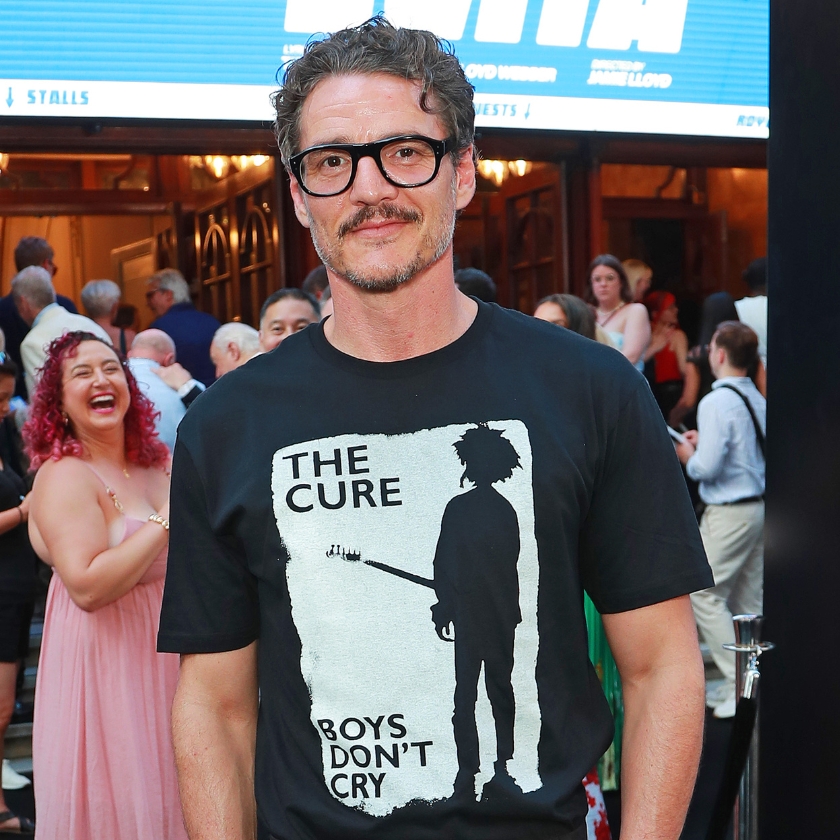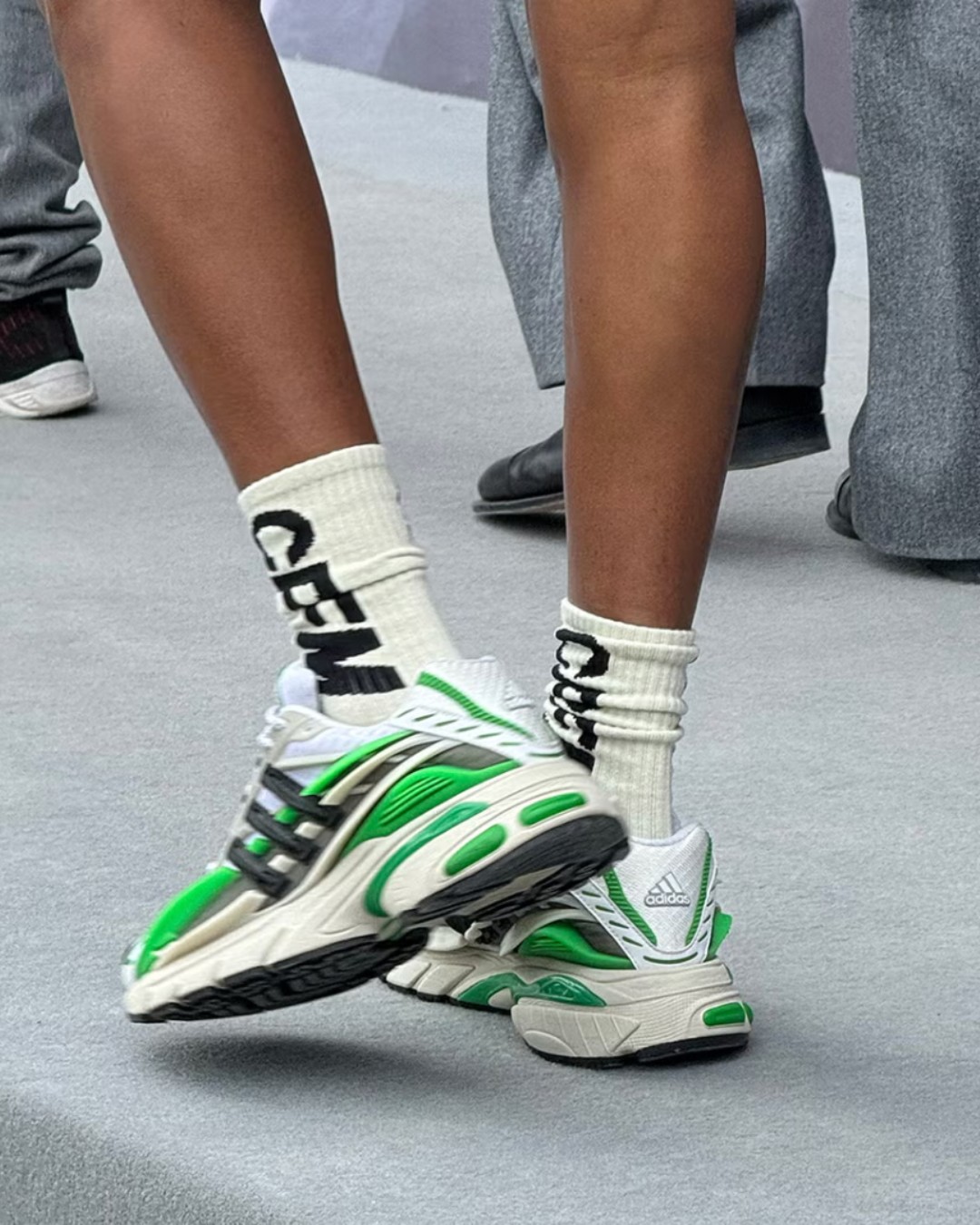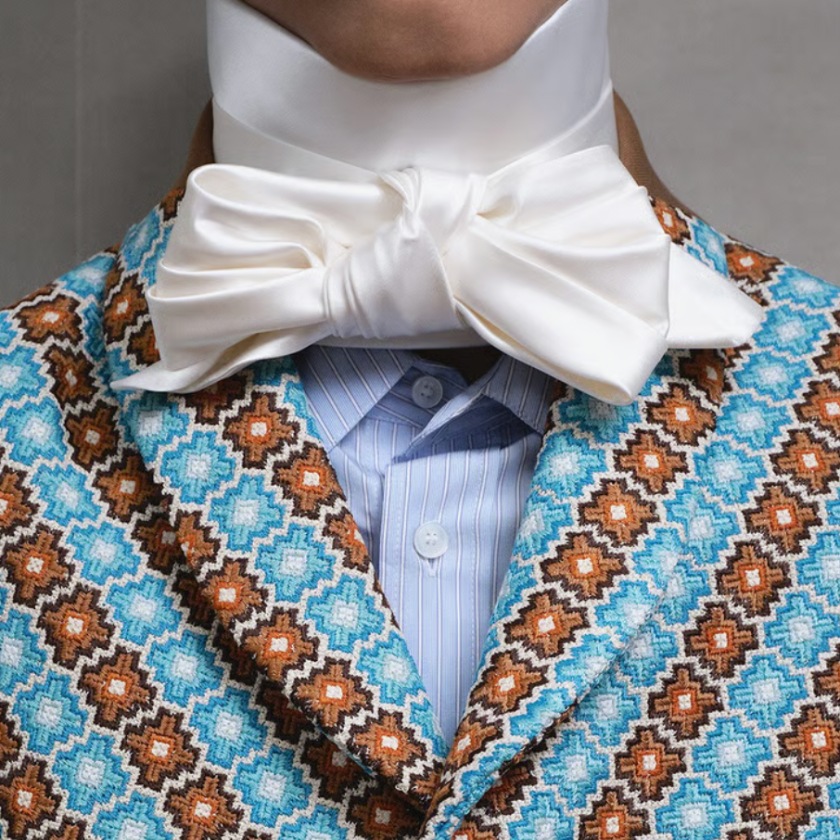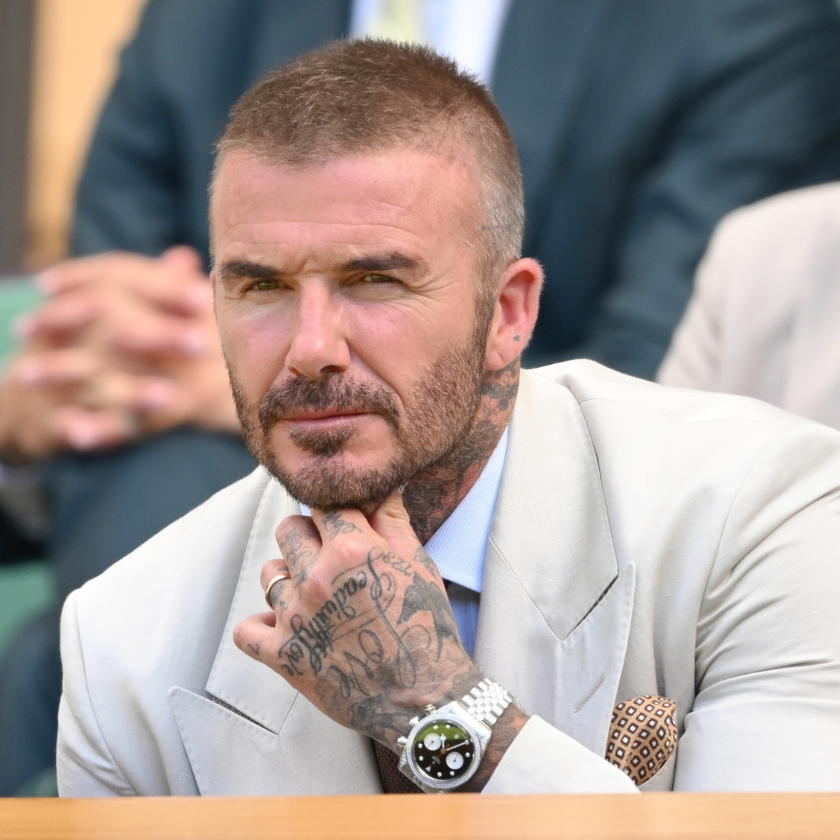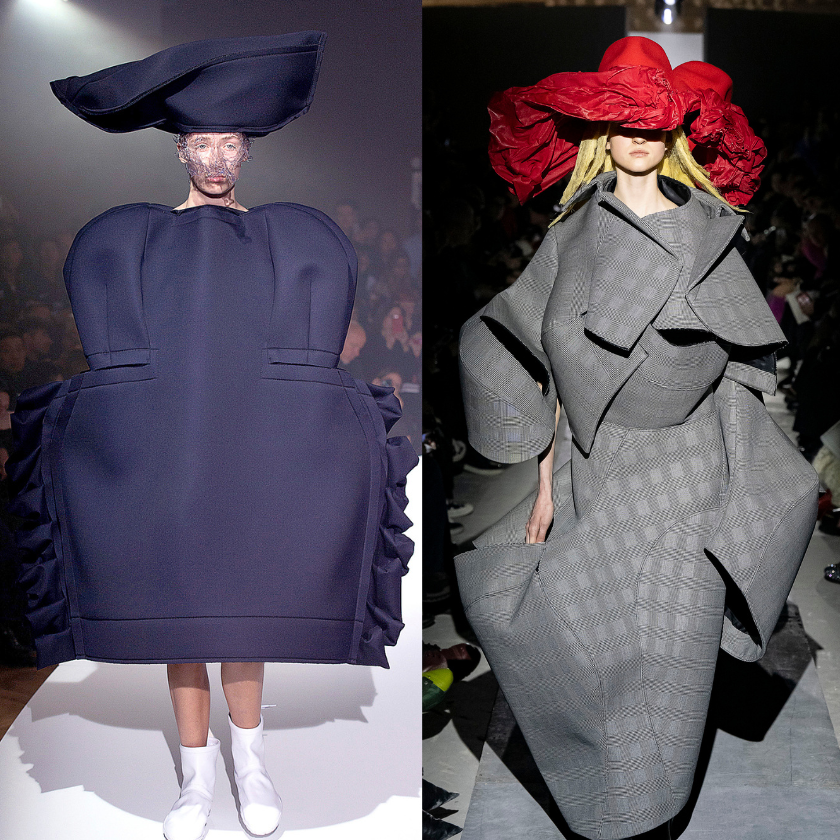Silver linings? The complicated psychology of achievement at Paris 2024
Amid the gold rush at the Games, Esquire columnist Ben Jhoty asks: are our silver and bronze medallists being overlooked?
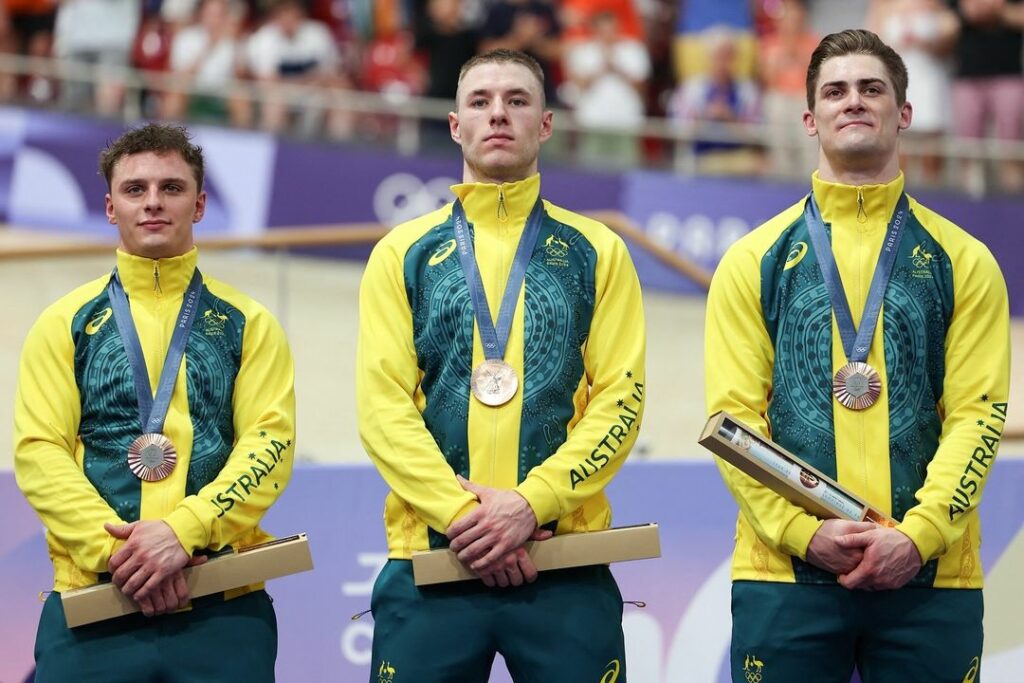
THIS MORNING A rather strange thing happened: the Australian Olympic team didn’t add to its overnight gold medal tally. Like most of us, I suspect, over the past two weeks I’ve got into the habit of checking my phone as soon as I wake up, where I’ve invariably been greeted by an explosion of Instagram tiles celebrating the gold medal-winning performances of our athletes in Paris.
Heck, on Thursday morning I woke to news of four golds – in sailing, skateboarding, cycling and pole vault – while last Saturday the Aussie team collected three golds in 77 glorious minutes. I am not a one-eyed patriot by any means, but the stellar achievements of our athletes in Paris have produced some swellings in my chest – if not other parts of my anatomy – and, at the very least, brought a smile to my face. For the nation more broadly, gold medals are totemic symbols of pride and unity – for that alone they are probably worth their weight in, well, you know what.
This morning, though, was different, with just a couple of silver medals and a bronze to add to the nation’s record medal tally. I, for one, couldn’t help feeling a little deflated. But then I felt conflicted about feeling deflated. Who am I, an armchair spectator who’s largely relied on social media and replays to keep up with Olympic news, to feel deflated?
The more important question is how someone who’s worked their whole life for a single defining moment feels when they don’t win the ultimate prize, but instead have to ‘settle’ for silver, or bronze?
Silver, we innately feel and are conditioned to believe, signifies second best. There can only be one winner, well usually – more on that later. If the Olympics didn’t have a three-tiered medal system, silver and bronze medallists would likely be treated as they are in other forms of competition – as the runner-up and third-place getter, or what someone like Donald Trump might call ‘losers’.
The medal tally, where Australia currently resides in third place with 18 gold medals, only reinforces the primacy of gold – at least it does here in Australia. American broadcasters have taken a fair bit of heat these past two weeks for using the overall medal tally to table the standings. This was perhaps to safeguard American exceptionalism in the first week of the Games, when China led the pack in gold.
But while those broadcasters’ motives might be at best patriotic, at worst prideful, perhaps counting overall medals is a fairer way to present the tally, as it reflects the efforts of all medallists.
One problem with that approach is that it potentially invites the use of other alternative methods to table what are essentially international bragging rights. Some, for example, might argue that a total medal tally favours countries with bigger teams. Others would say medals should be calculated on a per capita basis, a metric that puts Australia at the top among the top 10 countries, though, as your Kiwi friends will then be quick to point out, if you include the top 20, New Zealand rises to the top.
You can also look, if you dare, at what various countries spend on their elite sporting programs. Australia’s harvest of gold medals is not some miracle or happy accident – it’s a government policy. In 2012, ‘Australia’s Winning Edge’, the first national policy for elite sport was created. Its performance targets for the period 2012-2022 was for the nation to be in the top five rankings in the summer Olympics, a target we are on track to achieve in Paris.
At what cost, you might ask? The latest SPLISS (Sports Policy Factors Leading to International Sporting Success) report shows we rank fourth behind South Korea, Japan and France in elite sport funding, shelling out around $150m a year on athletes, across summer and winter Olympic and Paralympic Games. Going further back, the Australian Institute of Sport was created in 1981 after a dismal showing at the Moscow Olympics, with Prime Minister Malcolm Fraser declaring at the opening of the facility that it was a “clear sign that we are no longer going to allow the world to pass us by”.
If you want further proof of how important gold medals are to national pride and prestige, consider how much some countries are paying their gold medal winners – Hong Kong pays their athletes $1.17m, while Australia pays $20k for gold, $15k for silver and $10k for bronze.
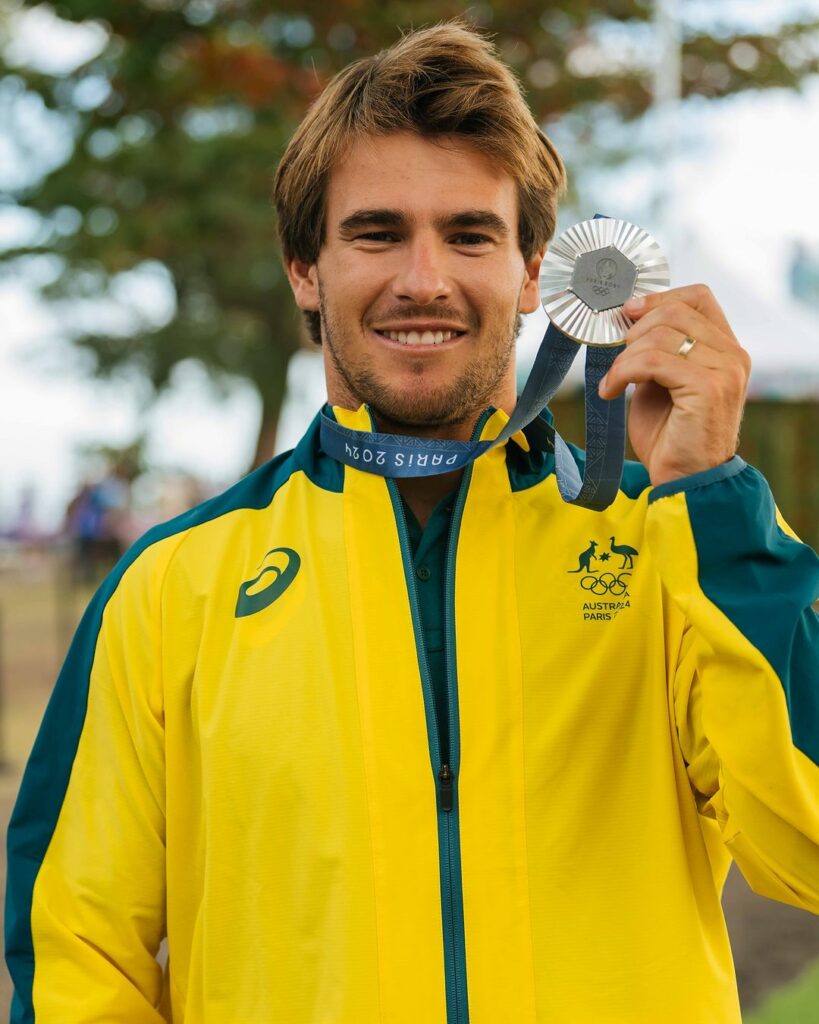
Clearly there’s a lot at stake, which may explain our rather myopic focus on gold at the expense of silver and bronze – these are not just symbols of national pride, they are KPIs. Athletes naturally feel the weight of these imperatives, along with public expectations, adding to the pressure they put on themselves to realise dreams they have spent much of their lives training for.
Of course, how an athlete regards their achievements depends a lot on their circumstances, with an individual’s status within their sport and corresponding expectations, inevitably affecting the lens through which a medal is viewed.
If you’re the favourite or a contender for a gold medal, silver is inevitably going to feel like a defeat rather than an accomplishment. Emily Seebohm famously broke down in tears at the London Olympics in 2012, when she missed out on gold in the 100m backstroke, a race she’d been favoured to win. So too, James Magnussen, again in London, who looked shell-shocked when he missed out on gold in the 100m freestyle by a hundredth of a second, after previously setting a world record in the event.
Compare this to the unbridled joy of Sally Pearson on collecting a surprise silver medal in the 100m hurdles in Beijing, or Natalya Diehm’s joy at nabbing bronze in freestyle BMX this week. Clearly, expectations can colour or cloud achievements.
A 2021 study found athletes who win bronze are generally happier than those who claim silver, the logic being that bronze medallists are thrilled just to make it onto the podium. A silver medallist, in contrast, engages in what’s termed ‘counterfactual thinking’, whereby they envision what might have been.
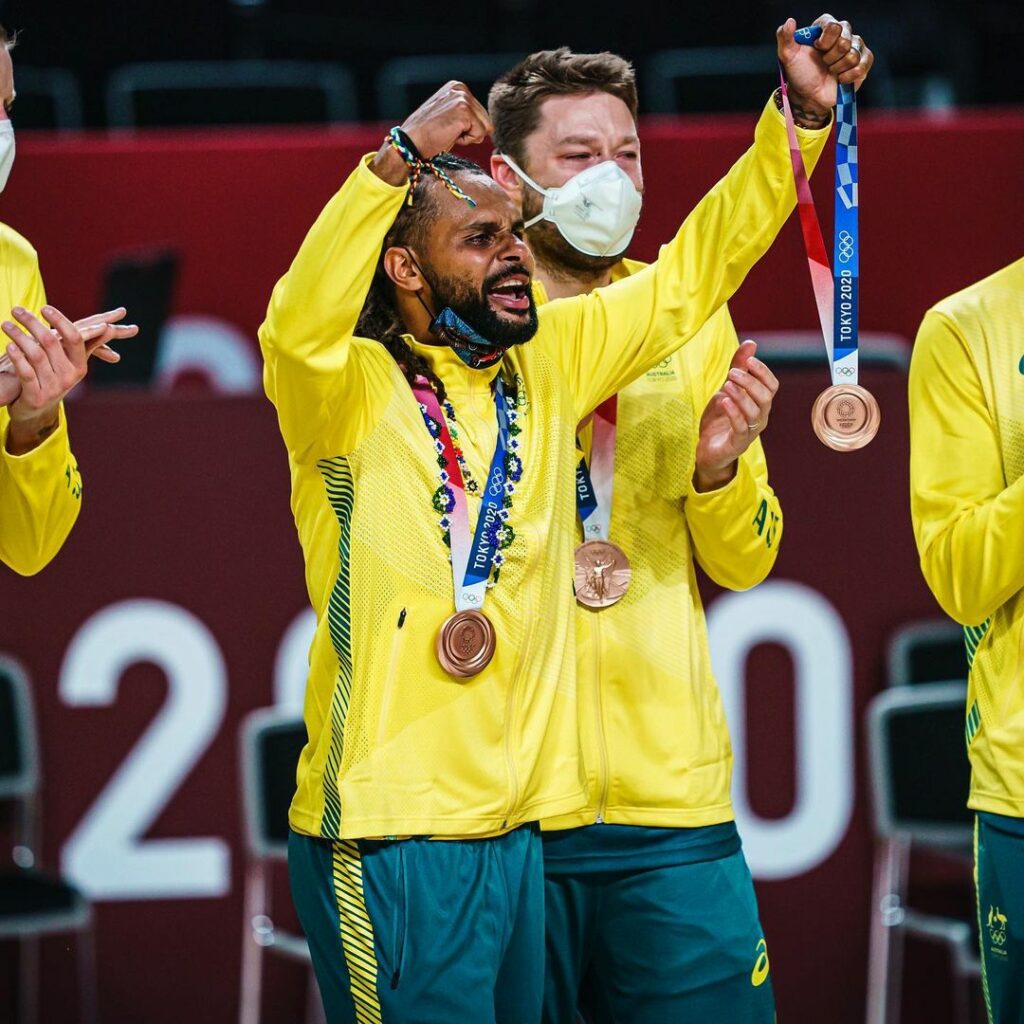
The Australian Boomers men’s basketball team offer an interesting case study in the psychology of achievement. The team went into the Tokyo Olympics with the slogan ‘Gold vibes only’. While an admirable goal, this was largely a crafty mental ploy to counter the narrative that Team USA had the gold medal sown up and everyone else was playing for silver. Having never medalled before, when the Boomers managed to breakthrough to win the bronze medal, the unprecedented nature of the achievement almost made it feel like a gold – it’s perhaps no surprise that the recent documentary on the campaign was called Rose Gold.
In contrast, it’s doubtful that the US men’s basketball team would have been thrilled to be playing off for bronze in Paris, a situation they very nearly found themselves, after barely squeaking past Serbia, 95-91, this morning. In that case, a bronze medal would have tainted the legacy of some of the game’s all-time greats.
Similarly, Noah Lyles probably feels a little conflicted about his bronze in the 200m final, also this morning, though it was revealed afterwards that the 100m gold medallist has COVID, circumstances that should see him lauded for his achievement. He said afterwards that he was “more proud of myself than anything for coming out and getting the bronze medal with COVID”.
Simone Biles seemed okay with taking silver in the floor event of the Artistic Gymnastics earlier in the week, even bowing down to her opponent, Brazilian Rebecca Andrade, on the podium. When you’ve won as much gold as Biles has and have done so well to battle back after well-documented mental health struggles, you can probably allow yourself to savour a silver medal.
But if you want to get an unfiltered example of how much some athletes prize gold medals, look no further than the famous dual golds awarded to Mutaz Essa Barshim of Qatar and Gianmarco Tamberi of Italy in the men’s high jump at the Tokyo Games in 2021. Rather than have a jump-off to decide the winner, the pair asked the official if they could share the gold medal, a request that was granted. The pair subsequently embraced in a joyful viral moment that became one of those corny highlights network programmers live for. But the two were criticised in some quarters. Conservative commentator Piers Morgan raged on Twitter: “They should have done the jump-off. It’s an Olympic final, not a tea party. Can’t ‘share’ Gold medals.”
While it was certainly a moment of humanity that underscored the type of sportsmanship the International Olympic Committee loves to trumpet, it’s possible that while both athletes wanted gold, neither really wanted silver.
So, where does that leave us? Hopefully, for the athletes who do make it onto the podium, once they’re outside the cauldron of competition, a silver or bronze medal can perhaps be viewed objectively for what it is: an outstanding achievement.
But for the rest of us, while we can all make a collective effort to recognise athletes for their efforts and all medallists for their accomplishments, there are a couple of rather inconvenient truths to grapple with. One is that competition drives us forward. The other is that human nature is a tough opponent to best.
Related:
The countries that pay their athletes for winning Olympic medals












